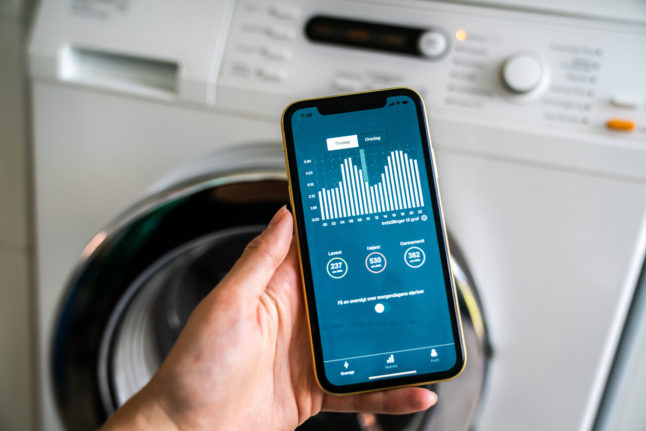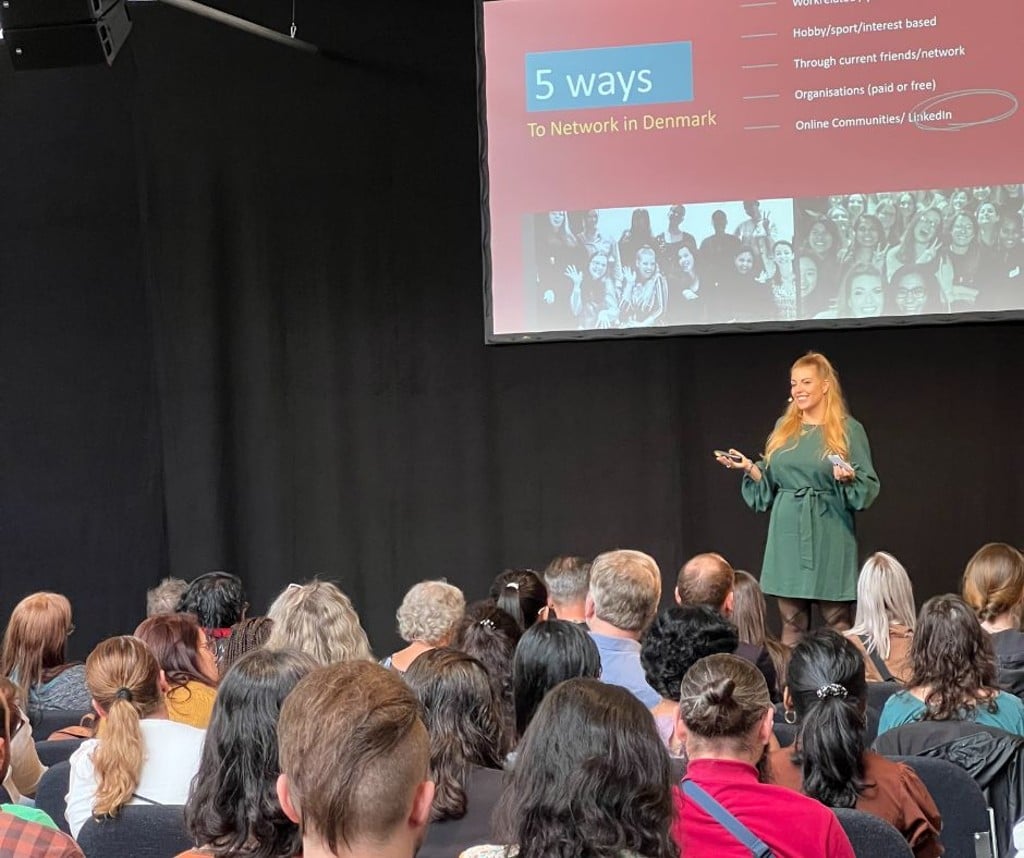Recipients of the money from Andel get the cash without any obligations and can receive it in their accounts by the end of the week, media Børsen and TV2 report.
The cash bonuses have also been announced by Andel itself in a press statement.
The extraordinary decision by the company means that anyone who lives in, or owns a summer house or business in the area of Zealand served by the Cerius electricity board can receive the money.
The company decided to distribute a portion of its profits to customers after making a profit amounting to billions of kroner in 2022, as energy prices soared due in part to the war in Ukraine.
While customers felt the pinch of high energy costs in 2022 in particular, many energy companies benefited from a bumper year.
“That is why shareholders now have the extraordinary opportunity to receive a share of Andel’s profit for 2022,” head of the board Jens Stenbæk said in the statement.
The total to be paid out by the company will be 850 million kroner.
Am I eligible to receive the money?
If you, as of February 6th 2024, lived or owned a summer house or business in the areas served by the Cerius electricity infrastructure, you are automatically a shareholder in Andel and have the right to receive the money.
Cerius covers the southwestern half of Zealand along with the islands Møn, Lolland and Falster. A map of the area can be seen on the electricity board’s website.
To get the money, you must enter information into a portal on the Andel website by May 31st this year.
The energy company will then validate you as a shareholder, and you will be paid the money. Only one person in the household can receive the money. Those who registered on Tuesday should see it in their accounts by the end of this week according to TV2.
In the statement, Andel encouraged customers and shareholders to pass on information about the money to friends and family who may not be aware they are shareholders in the company.
The company’s website is seeing heavy queuing at the time of writing.




 Please whitelist us to continue reading.
Please whitelist us to continue reading.
Member comments